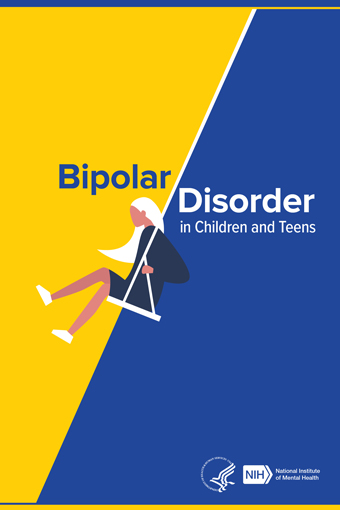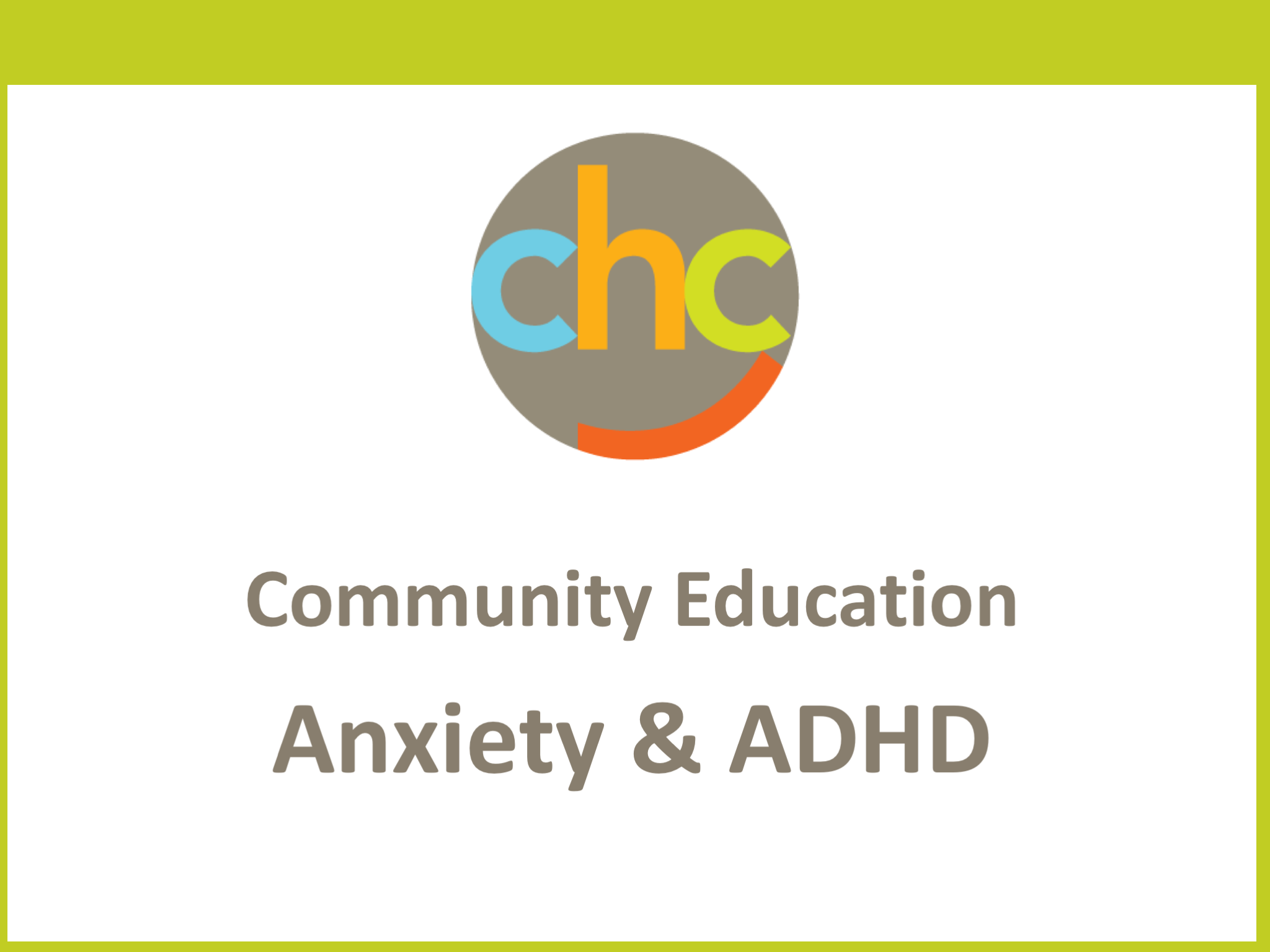 When nonteachers ask me with genuine curiosity, “What’s new with teens?” I usually tell them that every school year, it seems like more of them end up in the hospital.
When nonteachers ask me with genuine curiosity, “What’s new with teens?” I usually tell them that every school year, it seems like more of them end up in the hospital.
I’ve taught frazzled high-performers who eschew sleep for flashcards and always seem on the verge of a breakdown. I’ve had students who won’t come to school because they don’t want to compound their stress. I’ve heard members of a student panel brazenly explain that they felt burdened by their workloads and simply wanted “the points.” It’s actually become common for student breakdowns to happen and for parents to request their child’s upcoming assignments in advance, knowing they’ll be out of school.
Though it may seem otherwise, my school isn’t a high-stress pipeline for Ivy League colleges, but a diverse public school that is home to both affluent and low-income students. We’re like many other public schools where student stress seems to be on the rise and is putting teachers like me in a tough position, causing us to second-guess ourselves and ask whether students are really too stressed—or just lacking time-management skills and angling for reduced homework.
Yet my personal observations that students seem more stressed than in years prior are backed by research, which shows that anxiety, depression, and self-harm are on the rise among teens. According to a 2019 Pew Research Poll, 70 percent of surveyed teens agree that stress is a major problem. Emergency room visits for self-inflicted, nonfatal injuries among children and young adults increased by 5.7 percent from 2008 to 2015, while the Centers for Disease Control and Prevention (CDC) found that between 2007 and 2017, more teens were seriously considering suicide or hurting themselves in suicide attempts than in past decades.
“I’ve seen an uptick in diagnosable anxiety disorders that almost incapacitate teens,” said Dr. Melissa Holland, a clinical psychologist and associate professor at California State University, Sacramento. “It’s estimated about one in five teens have a diagnosable mental health disorder, and most of them go untreated.”
The problem is real and scary, but what’s to blame?
Excerpted from “As Teen Stress Increases, Teachers Look for Answers” by high school English teacher Andrew Simmons and published in Edutopia. Read the full article to learn more the rising pressures on teen and how these academic pressures are compounded for teens by the state of the economy, current events, and unique cultural and social dynamics that previous generations weren’t exposed to, and finally, possible solutions.
Source: Edutopia | As Teen Stress Increases, Teachers Look for Answers, https://www.edutopia.org/article/teen-stress-increases-teachers-look-answers | © 2019 George Lucas Educational Foundation
A screening can help you determine if you or someone you care about should contact a mental health professional. Care Coordinators can arrange a free 30 minute Care Consultation so you can explore options with an expert. Call or email our Care Coordinators at 650.688.3625 or careteam@stage.chconline.org to set up an initial Consultation appointment.





